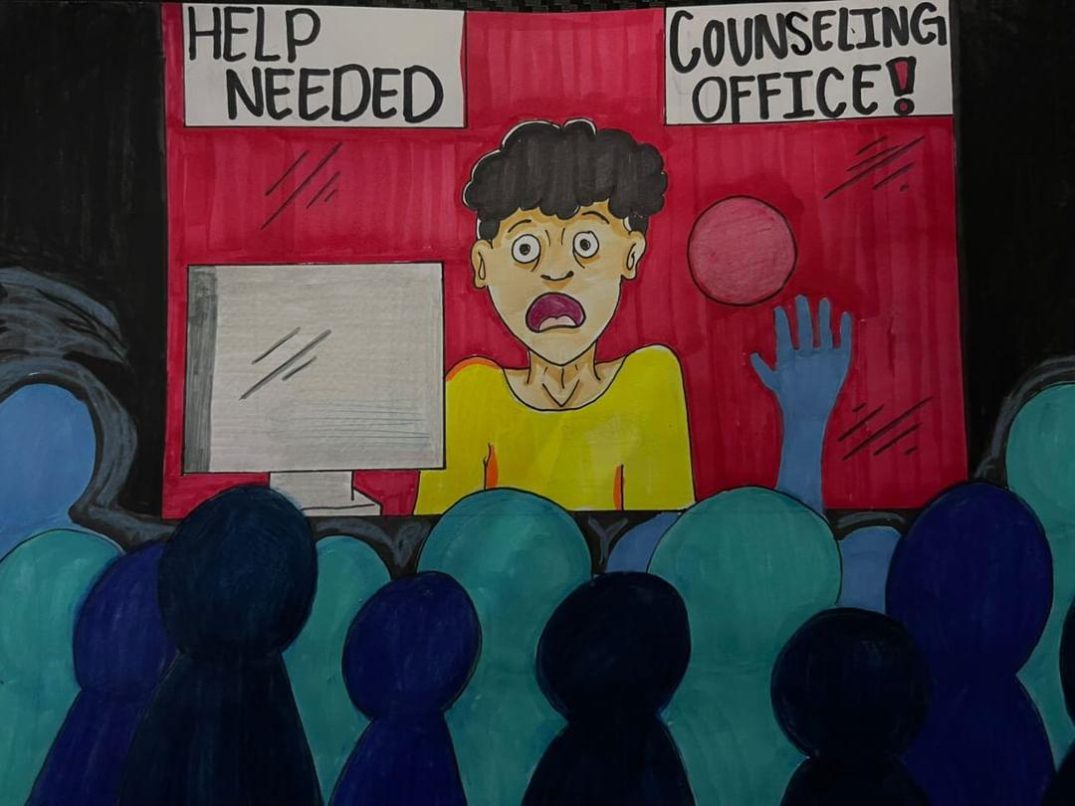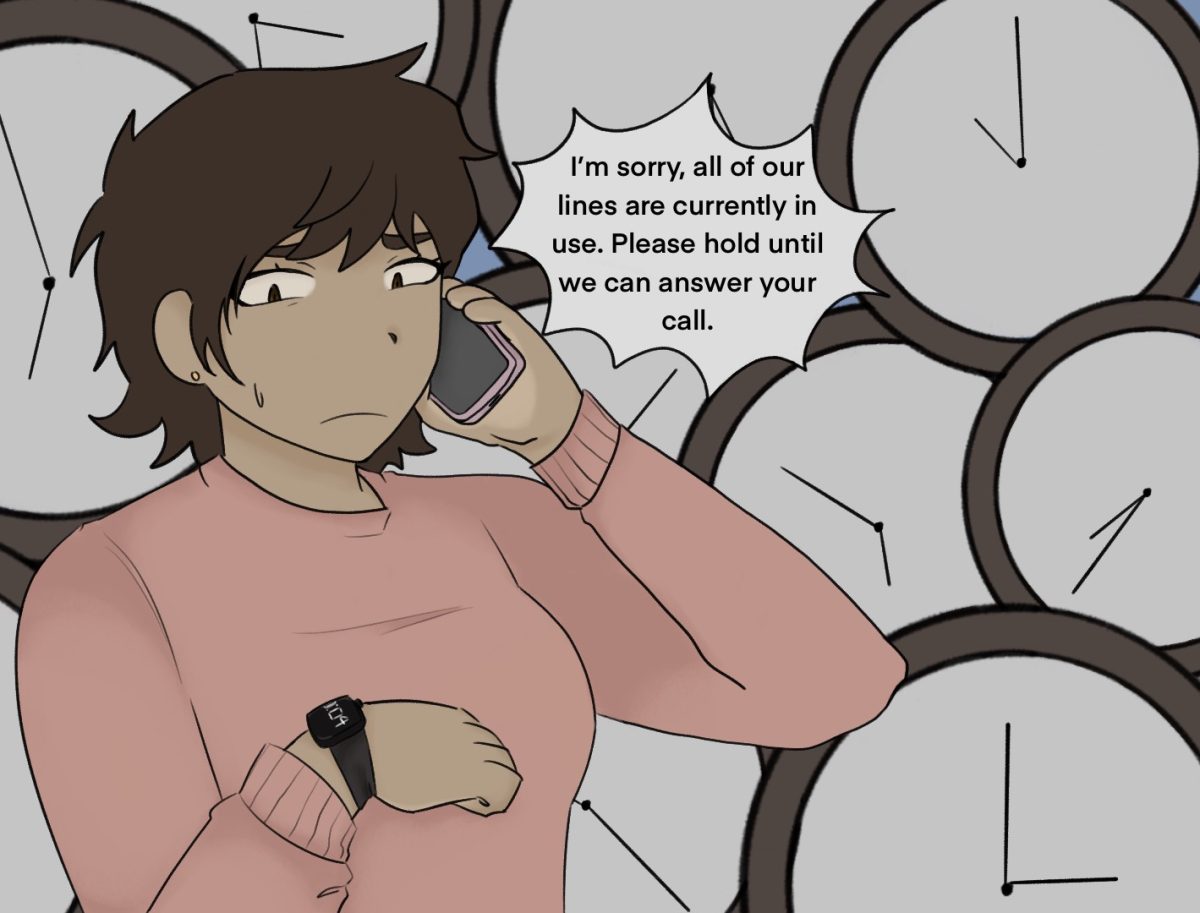Ask a homeless person if he would like to be given a new house, and he will most likely say yes, I’ll take it however, if the house rested on a plot of quicksand, he would soon realize the futility of the offering.
Ask one of the 46 million uninsured Americans if they would like free health insurance, and they are likely to say yes; but at what cost?
A close examination of the most debated health care proposal reveals an already weakened foundation. If a single-payer system was initiated now, it could spiral the nation’s vulnerable economy to a point of no return.
Over the course of one year, the government spent close to $2 trillion on bailouts for U.S. car makers, banks and the insurance giant American International Group (AIG).
Footing the bill for every American’s health care now could be the final blow to a teetering economy. Insurance companies fear that, if given the choice, those who are now paying for private health insurance will cancel their plans in favor of a public plan that offers lower premiums and quality care. This could put health insurance companies out of business.
While a number of people would be happy to see them go, it would make better sense to negotiate some type of partnership with the industry rather than dislodge it. The pharmaceutical and health insurance industries are among the remaining few in the country that are financially strong.
According to the World Health Organization, Singapore spends 3.7 percent of its gross domestic product on health care while the U.S. spends 15.4 percent. Add to that, Singapore’s infant mortality rate is less than half what it is in the U.S. Singapore has managed to maintain a budget surplus while providing its people with exemplary health care.
Anyone who has seen Michael Moore’s documentary “Sicko”, which highlighted the state of health care in America in comparison to countries like France, England, and Canada, could deny that the current system is costly, wasteful and at times, inhumane.
Still, if after all the years of stalling on health care reform, the country finally decides now is the right time. This should be done at the right time. Reforming during a recession doesn’t sound like the right time. Reforming will have to wait.






